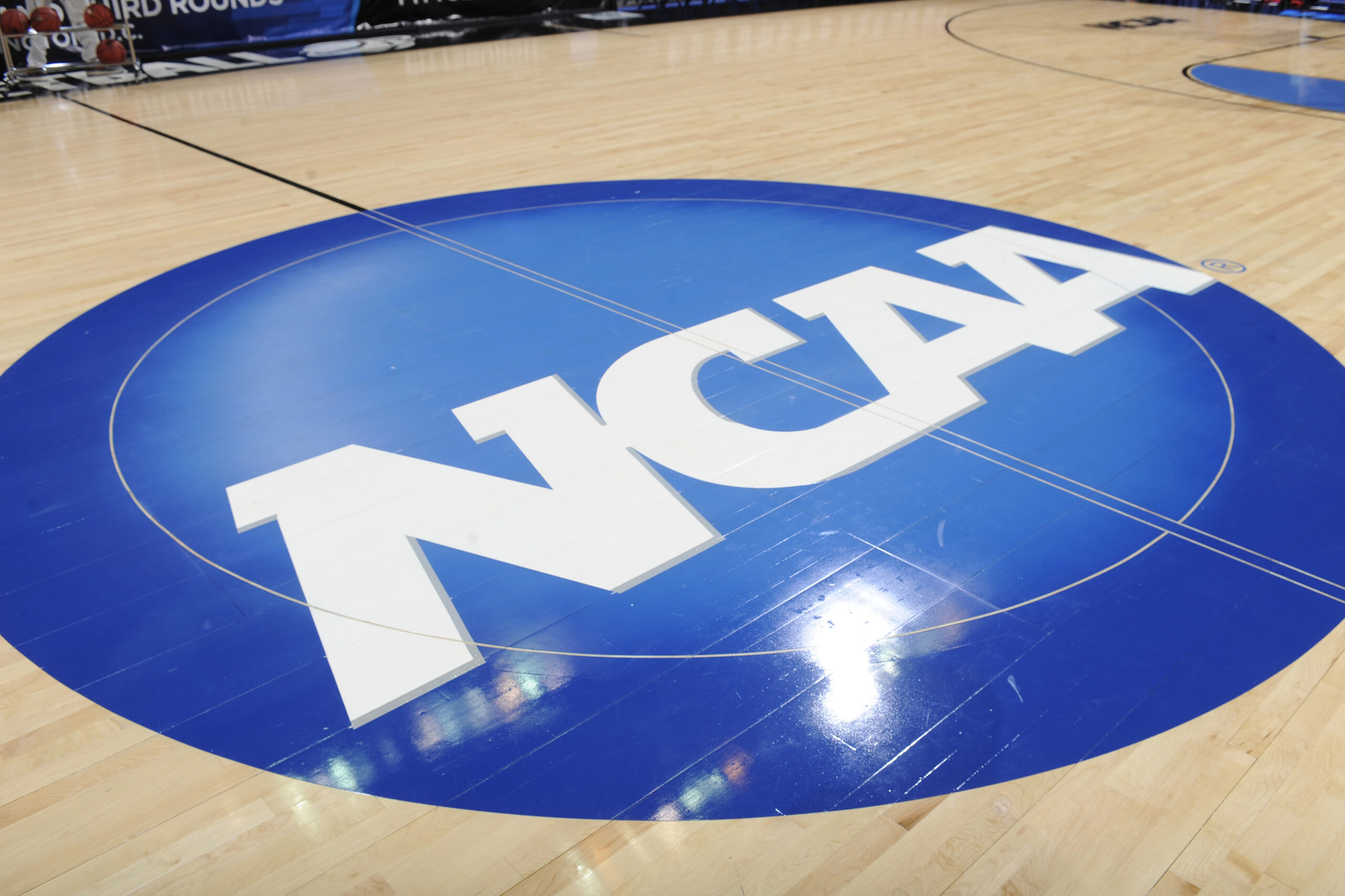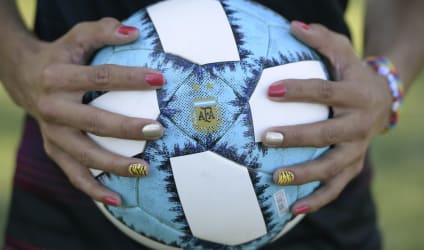Gender Equality Remains Elusive in College Sports
Writer
Writer
www.bestcolleges.com is an advertising-supported site. Featured or trusted partner programs and all school search, finder, or match results are for schools that compensate us. This compensation does not influence our school rankings, resource guides, or other editorially-independent information published on this site.
Turn Your Dreams Into Reality
Take our quiz and we'll do the homework for you! Compare your school matches and apply to your top choice today.
Reviewed by Angelique Geehan
- Women's college athletics coaches and players are speaking out about gender inequity.
- Critics point to unequal facilities, funding, and treatment for women's tournaments.
- The NCAA is conducting a gender equity review, expected to be released this summer.
When James Madison University's softball team upset top-seeded Oklahoma University in its first game of this year's Women's College World Series (WCWS), got a lot of attention from the news media and set a record for the most-watched Game 1 on ESPN.
But the team's success didn't lead to a golf outing, a celebratory dinner, free massages, or even showers at the stadium where they played the game. Only the baseball teams playing in the College World Series get those perks, plus extra days off between games to rest.
"The biggest inequity in the entire tournament is the fact that the men get to play into the end of June and they weren't having it with us. Can't do it. Can't afford it," Carol Hutchins, Michigan's head softball coach, told the Oklahoman newspaper.
Hutchins and other coaches believe the tight schedule is designed to limit how much money the National Collegiate Athletic Association (NCAA) spends on the tournament. The cost of hotels, meals, and transportation would all increase if the women's championships games were played over more days. The longest the women's tournament can last is seven days. The men's College World Series can go for up to 12 days.
The longest the women's Women's College World Series can last is seven days. The men's College World Series can go for up to 12 days.
"You work so hard to get there and then it seems like we're compressing everything into a smaller window," Arizona coach Mike Candrea said of the WCWS.
The softball tournament was played from June 3-9 at the USA Softball Hall of Fame Stadium in Oklahoma City, Oklahoma. The stadium has a capacity of about 13,000, but has no showers. This means that players and coaches must shower at their hotels. Off days between games are rare, and some teams have to play twice on the same day, increasing the risk of injury.
The College World Series for men will be held June 19-30 at TD Ameritrade Park Omaha in Omaha, Nebraska, which can hold up to 24,000 fans. The state-of-the art stadium also provides locker rooms for teams and a host of other amenities that make it one of the best sports facilities in the country.
Lack of Equity in Facilities, Tournaments
The differences in the two world series highlight the lack of gender equity in college sports, an issue that has been receiving more public scrutiny in recent months. It began on March 18 when Oregon basketball player Sedona Prince tweeted a video showing a fully equipped weight room for the men's basketball tournament being held in Indiana, while those participating in the women's championship got a weight room in San Antonio that had one dumbbell set that topped out at 30 pounds and some yoga mats.
"If you don't see the problem, then you're part of it," Prince said in the video.
The NCAA initially said the differences in the weight rooms was due to a lack of space, not money. Then on March 25, the NCAA announced that it had hired an outside firm to do an equity review of all its championships. A report is expected this summer. Finally on March 31, NCAA President Mark Emmert said the differences were "inexcusable."
"We need to use it as a pivot point to say, ‘What do we need to do better? How do we make up for those shortcomings from this day on and create the gender equity we all talk about to make sure it's reality, not just language?'" Emmert said.
Softball and women's basketball are not alone in their treatment. In April, women's volleyball coaches voiced frustration about their tournament, citing poor playing surfaces, no locker rooms, and game broadcasts without commentators.
And in May, the NCAA was criticized for televising all the men's Division I lacrosse championship games and staggering them so that fans could watch every one, while scheduling most of the women's games so that they overlapped and were available to watch only online.
The Rules and Reform of College Sports
In the case of funding college athletics, Title IX, the federal law that prohibits discrimination based on sex in education programs, does not apply. Title IX requires that men's and women's sports receive equal treatment and benefits, but does not require equal funding.
The Knight Commission on Intercollegiate Athletics, an independent group formed in 1989 to propose reforms for collegiate sports, believes the NCAA could achieve gender equity if it changed the way it funds all sports teams. In a December 2020 report the commission recommended that the NCAA change the way it distributes profits from the Division I basketball March Madness tournament by dropping its support for the Football Bowl Subdivision (FBS) championship.
Title IX requires that men's and women's sports receive equal treatment and benefits, but does not require equal funding.
By eliminating support for the FBS, the NCAA would be able to provide more funds to non-football programs, the report states. The 2021 men's basketball championship generated $613 million in revenue, the NCAA's largest income producer.
"Gender discrimination occurs in campus funding of programs, as well as at the national level in the operation of championships and in revenue distribution. The NCAA, its member conferences and institutions must do more to demonstrate a true commitment to gender equity," said Knight Commission CEO Amy Privette Perko in an email.
The NCAA responded to the commission report with a statement that said, in part, "The nearly 1,100 presidents of NCAA schools have consistently sought to create the most effective and fair ways to support student athletes."

Angelique Geehan
Angelique Geehan works to support and repair the connections people have to themselves and their families, communities, and cultural practices. A queer, Asian, gender-binary, nonconforming parent, Geehan founded Interchange, a consulting group that offers anti-oppression support. She organizes as part of several groups, including National Perinatal Association's Health Equity Workgroup, the Health and Healing Justice Committee of the National Queer and Trans Asian and Pacific Islander Alliance, QTPOC+ Family Circle, and Batalá Houston.
Feature Image: FatCamera / E+ / Getty Images




